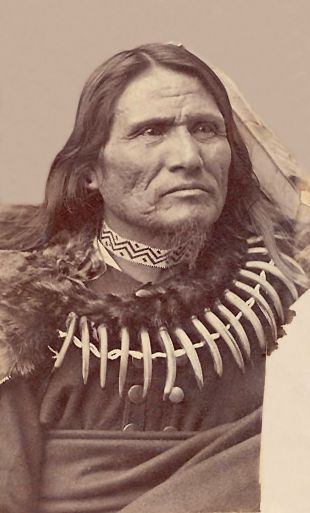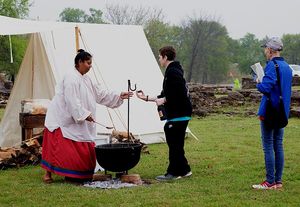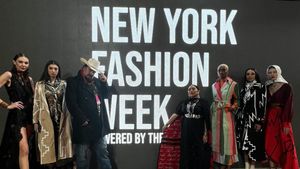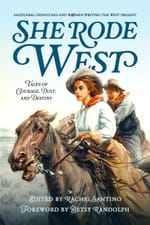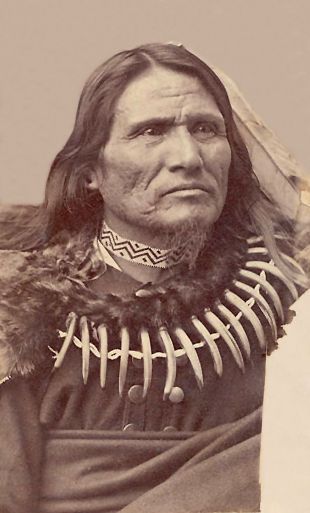
OP-ED: By Theresa Hinman
The United States of America is not a conquered country due to the history made possible by the American Indian story. In 1879, the landmark civil rights case Chief Standing Bear v. Crook, (Nebraska District Court Judge Elmer Scopio Dundy) was originally set to determine if Standing Bear and fellow Poncas were legally arrested. Strategically-planned, Standing Bear fought the arrest because Natives were not recognized as "persons" under federal law, so his objective was not being freed from detainment, but from being unrecognized as "persons".
Standing Bear, our nation's first civil rights leader and first Native to testify in federal court, stated, "This hand is not the color of yours, but if I pierce it, I shall feel pain. The blood that will flow from mine is the same color as yours. I am a man. The same God made us both." The powerful argument convinced Judge Dundy to overturn years of United States American Indian policy when he determined that "the Indian is a PERSON within the meaning of the laws of the United States."
History is a "do better" opportunity. As Americans, we have the privilege of looking at history through the American Indian story. In this case, Chief Standing Bear enabled a safe space, the courtroom setting, for reversal of the American Indian policy. The United States gained so much from this decision. As "persons", American Indian men became eligible to enlist and America received the largest-per-capita ethnic group willing to serve. Using their undecipherable languages, the Natives’ roles as “code talkers” in both world wars provided secure communication amongst soldiers leading to numerous allied victories. Our nation's history is, in part, a result of the American Indian story. Without our code talkers, the United States, a nation of many nations, might have been a conquered people.


